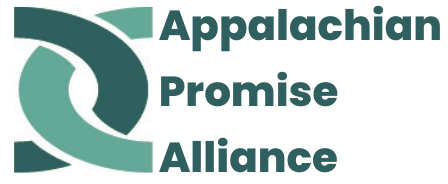Northeast Tennessee Resilience Network
Appalachian Promise Alliance creates space for those who want to learn more about Adverse Childhood Experiences (ACEs) and how to build resilience in our community for our children, youth, and families.
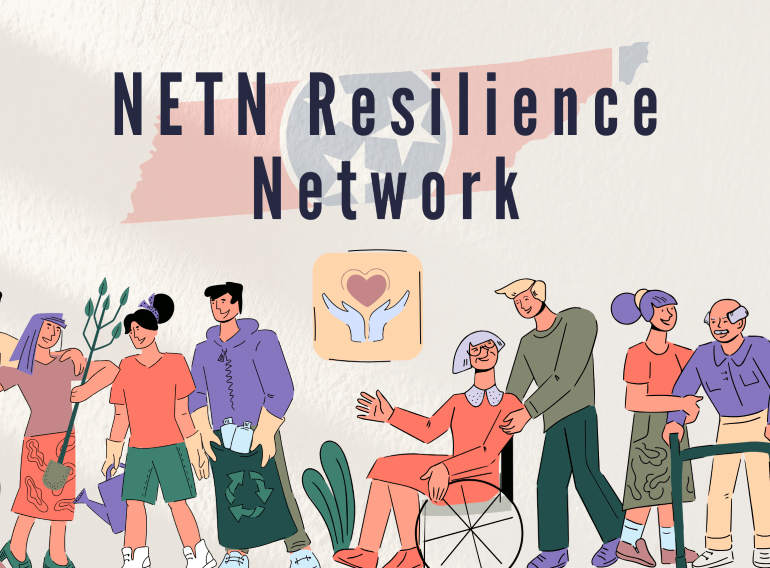
Our Northeast Tennessee Resilience Network supports the upper eight counties of Northeast Tennessee. We connect community members, organizations, businesses and government entities around resilience-building work.
“Because when communities come together to strengthen families, the whole community benefits.”
For more information or to join us at our next meeting, please send us a message on our Contact page and choose “ACES & Resilience” in the dropdown menu.
Resilience Survey
Learn about ACES and Resilience
Adverse Childhood Experiences Primer
ACEs can have negative health effects across a person’s lifetime. Learn more about what ACEs are and how you can combat these effects in this short video.
Defining Terms
ACEs = “Adverse Childhood Experiences”
PCEs = “Positive Childhood Experiences”
More than two decades ago, two respected researchers, clinical physician Dr. Vincent Felitti and CDC epidemiologist Robert Anda, published the game-changing Adverse Childhood Experiences Study. Their work revealed a troubling but irrefutable phenomenon: the more traumatic experiences the respondents had as children (such as physical and emotional abuse and neglect), the more likely they were to develop health problems later in life—problems such as cancer, heart disease, and high blood pressure.
Further research has shown that Positive experiences – especially during childhood – can help lower the risk of negative health outcomes.
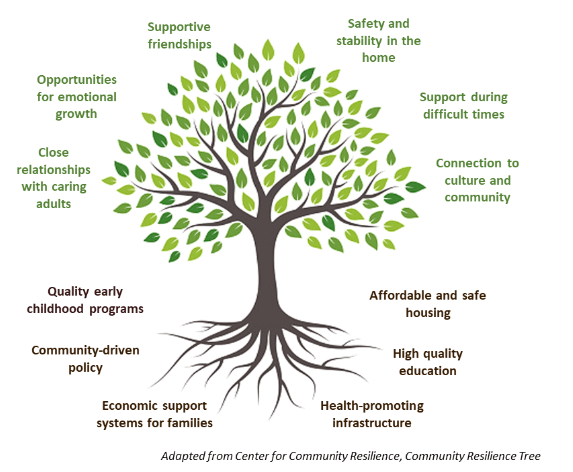
Building Resilience
Resilience is being able to cope with tough events. When something bad happens, you still feel anger, grief or pain, but you’re able to keep going both physically and psychologically. Resilience isn’t about putting up with something tough or coping on your own. In fact, being able to reach out to others for support is a key part of being resilient.
Trauma-Informed Care is the first step in building resilience in ourselves, our friends, neighbors and community. When we take steps to actively build resilience, we are mitigating – or easing – the impact that ACEs can have in our community. Building resilience can come in many forms and can happen across the course of a person’s life.
It’s never too late to build resilience!
Trainings We Offer
This program is funded in part by TN Department of Children’s Services, Building Strong Brains Tennessee, and United Way of Bristol TN/VA. Please contact us to learn more.
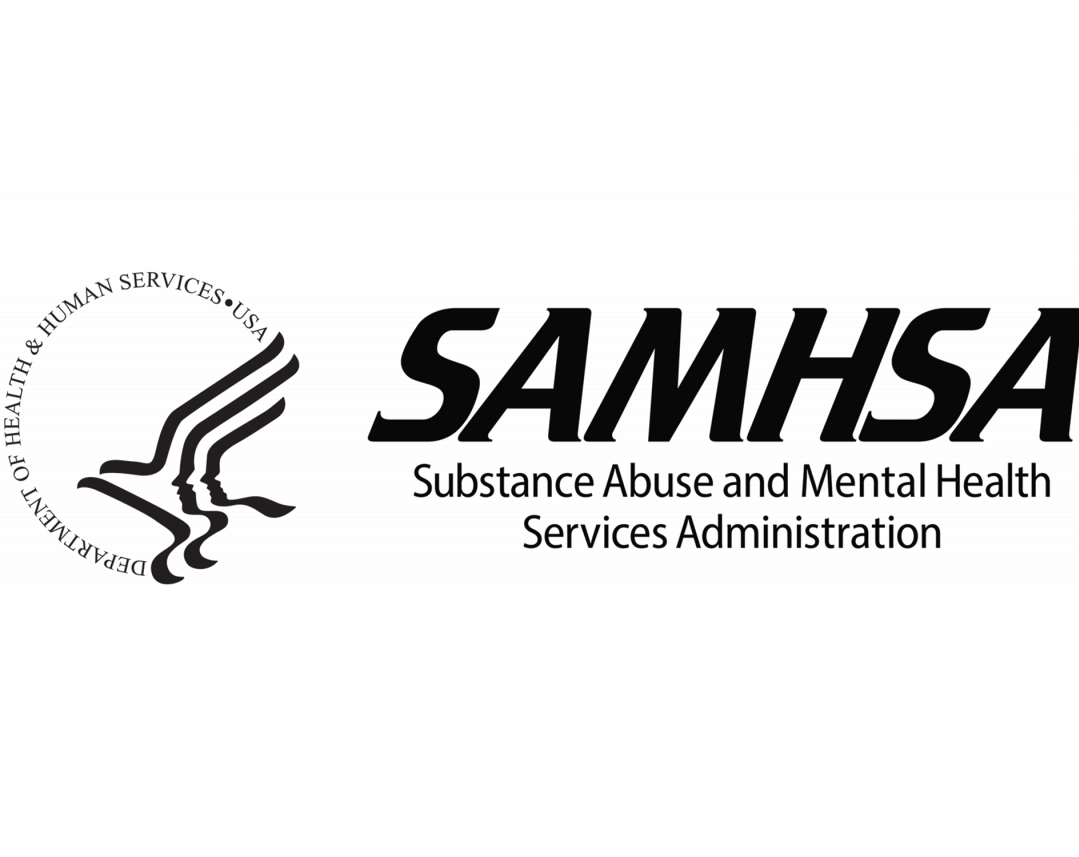
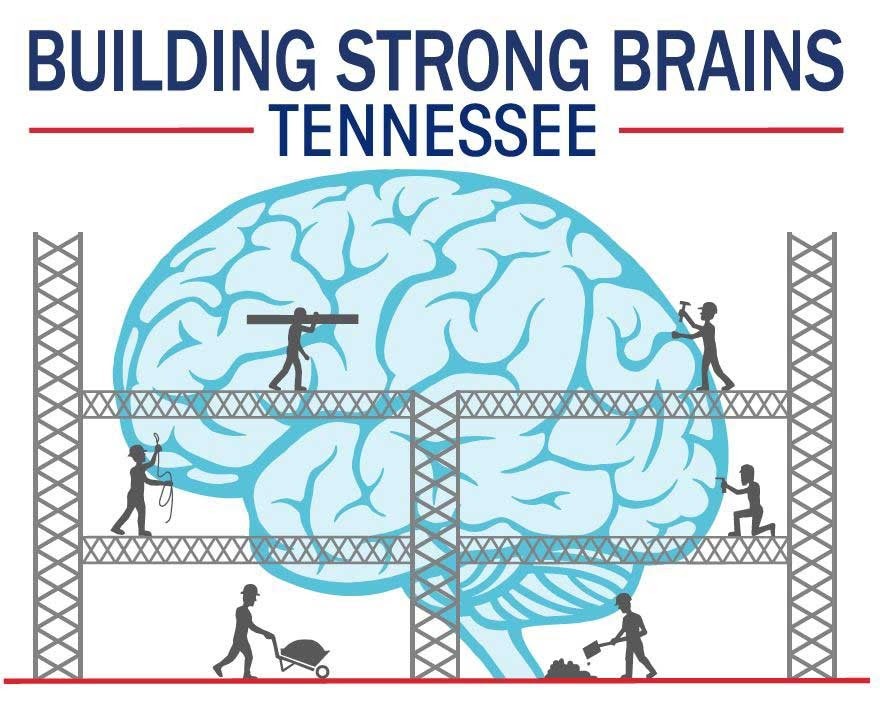
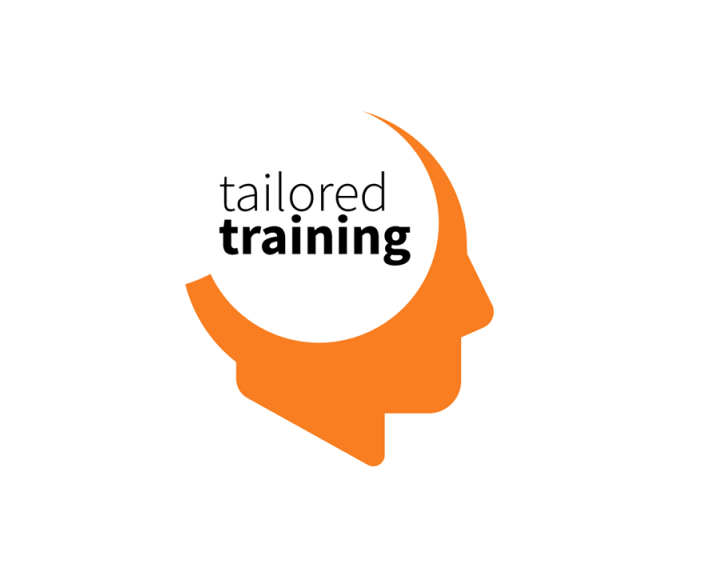
From 4hrs in-depth trainings to 15 minute presentations, these trainings can be tailored to fit the needs of your organization.
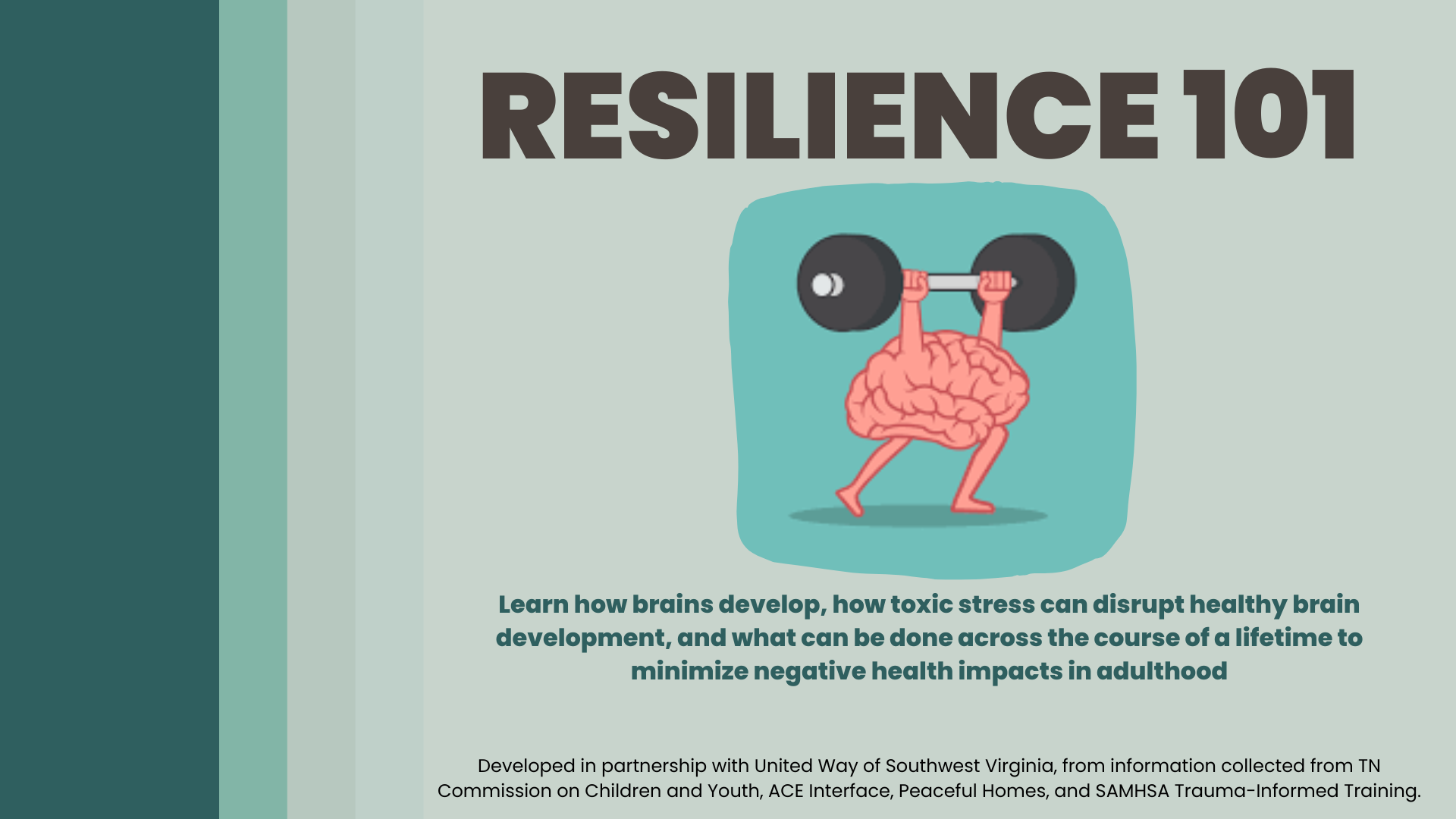
Developed in partnership with United Way of Southwest Virginia, from information collected from TN Commission on Children and Youth, ACE Interface, Peaceful Homes, and SAMHSA Trauma-Informed Training. This is a level-set training for the Appalachian Highlands region.
